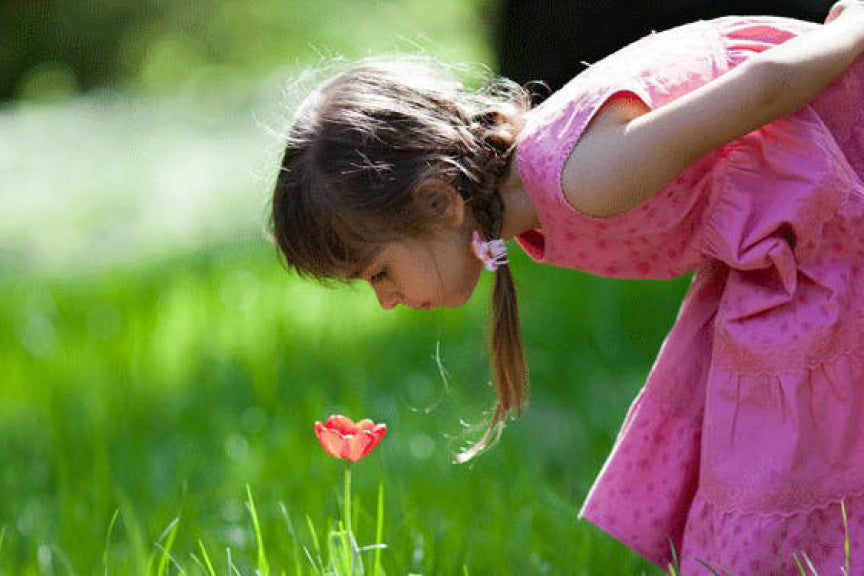We're all playing with our children every day of the week, but research is increasingly showing that the way in which we do this could help to give them a head start in their academic lives - and even the jobs they eventually go on to do.
The latest study to be published relates to the benefits of spatial play and how it can encourage the development of particular cognitive skills, so you might be interested in its findings and how you can apply them at home.
TEMPLE UNIVERSITY'S RESEARCH
A team at Temple University in the US were aware that being able to reason about space is crucial for everyday activities, from navigating busy roads to loading the dishwasher, so they decided to test how this ability can be developed in children.
They therefore analysed data from 847 children aged four to seven, all of whom had taken the Wechsler Preschool and Primary Scale of Intelligence (a commonly used test of cognitive ability).
Each youngster was asked to reproduce specific 2D designs using cubes with different coloured faces, while information was also collected from parents about how often they typically play like this and what other games they enjoy.
It was found that children who played with puzzles, blocks and board games more than six times a week tended to score higher block design ratings than those who only played with them sometimes (three to five times a week) or never, indicating better spatial reasoning ability.
Importantly, none of the other types of play tested in the study - including drawing and telling stories - was associated with children's spatial ability.
Writing in the journal Psychological Science, lead author Jamie Jirout said: "Spatial play specifically is related to children's spatial reasoning skills. Providing children with access to spatial play experiences could be a very easy way to boost spatial development, especially for children who typically have lower performance."
It was interesting to note that boys usually engaged in spatial play more often than girls, so it may mean parents of girls have to be especially crafty in working it into their everyday games.
HOW YOU CAN FIT IN SPATIAL PLAY FOR COGNITIVE BENEFITS
There are lots of activities that can help to build spatial awareness, many of which you might not even have realised may be beneficial.
For instance, toddlers can be encouraged to repeat descriptions of everyday items using words like big, little, tall, small, empty, full, etc as they walk around or help to unpack the shopping, while bigger kids can be asked to describe their environment themselves.
Prepositions are also really useful for spatial awareness, so be sure to stress words including over and under when you're helping little ones to climb things and do physical activities. Incidentally, trampolines can be ideal for this, as the learning is absorbed into the fun task.
As demonstrated by the research, building block-style toys can be great tools when it comes to developing this kind of skill, so play with Lego and Duplo, tangrams and jigsaws, as well as anything else you can find that involves following patterns to construct a finished product.
Although it might not become apparent at first, spatial skills will eventually start to improve and kids will soon be surprising you with their new abilities. And who knows - you might just be contributing towards the career of a budding engineer, scientist or maths expert.




